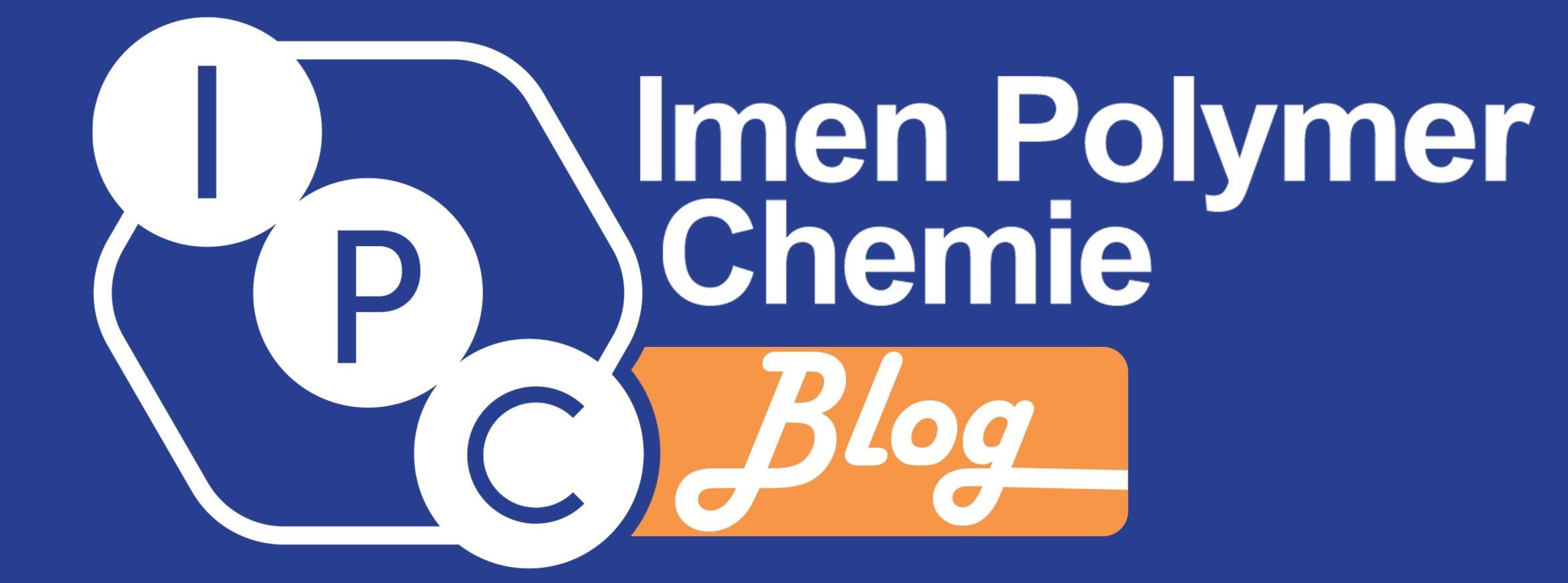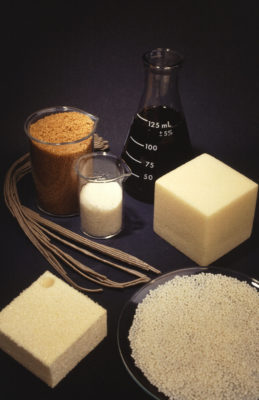The chemical compounds TDI (Toluene Diisocyanate) and MDI (Methylene Diphenyl Diisocyanate) are widely used as raw materials in the production of rigid and flexible polyurethane foams. In the automotive industry, polyurethane foam is utilized in a variety of applications, bringing significant improvements to vehicles, including enhanced comfort, sound and heat insulation, safety performance, sealing, and structural integrity.
First of all it can be said that polyurethane foams play a crucial role in the manufacturing of car seats. This material is used in seat production because it enhances passenger comfort during driving. The foam not only provides the right level of softness but also retains its shape well, reducing fatigue during long drives and improving the overall comfort for both drivers and passengers.
In addition to comfort, the structural properties of polyurethane foams make them ideal as sound and thermal insulators. When used in the car interior, these foams help reduce and eliminate unwanted noise, creating a quieter and more pleasant environment inside the vehicle. Furthermore, the foam’s efficient heat insulation properties help maintain a stable cabin temperature, providing a more enjoyable driving experience in various weather conditions.
Another remarkable feature of polyurethane foams is their exceptional energy absorption capability. In automotive collisions, this material can absorb the impact energy, contributing to passenger safety. As a result, polyurethane is widely recognized as a vital component in the vehicle’s safety system, helping to reduce injuries and damage during accidents by improving the vehicle’s crashworthiness.
Beyond these benefits, polyurethane sealants are extensively used in the automotive industry. These sealants are primarily applied to windshields and other areas requiring adhesion and sealing. By preventing the intrusion of moisture, dust, and unwanted noise, polyurethane sealants create a cleaner and more comfortable vehicle environment. In specific instances, polyurethane foam also serves as a structural component, enhancing the strength and rigidity of parts without adding extra weight to the vehicle, thus improving the vehicle’s efficiency and durability.
As of July 2023, data indicates a growing trend in the market for new energy vehicles (NEVs) across eight European countries, including the UK, France, Sweden, Norway, Italy, Spain, Finland, and Portugal. The shift in global energy production and consumption is reflected in this growth, signaling the expanding market for electric vehicles powered by clean energy.
In summary, the diverse applications of polyurethane foams in the automotive industry, coupled with the rapid growth of the electric vehicle market in Europe and globally, are shaping the future of the automotive sector. Through continuous innovation and economic support, automakers and related industries are poised to produce more eco-friendly, comfortable, and safer vehicles, creating a more enjoyable driving experience for consumers.




